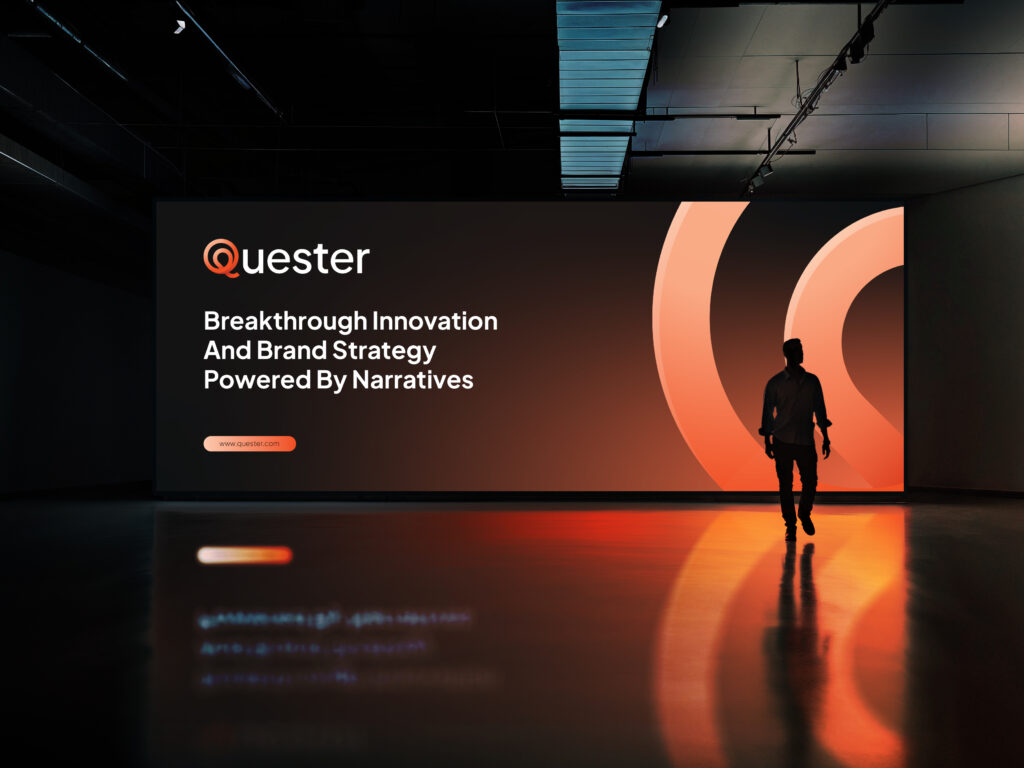Our Narrative

Our Narrative
We are a transformative innovation and brand consulting agency founded on narrative driven insights that enable a deep understanding of consumer needs, wants, and desires that fuel your growth strategy.
Your mission is our obsession: We build growth by connecting trailblazing clients to stories and narratives grounded in radical consumer (human) empathy.
Our Philosophy
At Quester, we measure the success of any initiative based on delivering growth for our clients. Our focus has always been uncovering human stories that drive behavior and leveraging them to develop strategies.
We don’t just deliver insights; we collaborate to turn them into action. By bridging consumer narratives with brand strategy and activation, we ensure our clients stay relevant, resonant, and rooted in what people truly care about.
Our philosophy is simple, when we put the human story at the center,
brands grow and help their consumers make progress in their lives
Meet the Minds Behind the Magic








